Anwendung von Magnesiumcarbonat in Lebensmittelqualität
Magnesiumcarbonat in Lebensmittelqualität wird häufig als Lebensmittelzusatzstoff (Lebensmittelzutat) verwendet, um ein Verklumpen zu verhindern, und als Bleichmittel bei der Lebensmittelverarbeitung. Es wird auch als Trennmittel bei der Herstellung von Keksen, als Karbonatquelle in Erfrischungsgetränken sowie als Magnesiumquelle in Nahrungsergänzungsmitteln verwendet.
Als Lebensmittelzusatzstoff ist Magnesiumcarbonat unter der Bezeichnung E504 bekannt. Seine einzige bekannte Nebenwirkung ist, dass es in hohen Konzentrationen abführend wirken kann.
Schweres und leichtes basisches Magnesiumcarbonat mit Dichten im Bereich von 0,1 g/cm³ bis 0,5 g/cm³ werden als Fließmittel, in Triebmittelmischungen für das Backen im industriellen Maßstab und zur pH-Regulierung bei Lebensmittelzubereitungen verwendet. Die Produkte werden von den Einrichtungen von DSP und Scora geliefert.
Specialty Minerals BMC-Qualitäten sind
- hergestellt unter GMP-Bedingungen
- hergestellt unter HACCP-Prozesskontrolle
- in Übereinstimmung mit den Anforderungen von USP, EP, FCC
Physikalische Eigenschaften
Molekülformel von Magnesiumcarbonat: xMgCO3yMg(OH)2.zH2O
Molekulargewicht: 365,31 (internationaler Standard)
Magnesiumcarbonat Aussehen: Weißes Pulver
Magnesiumcarbonat, auch Magnesit genannt, ist ein natürlich vorkommendes Mineral. Es ist praktisch unlöslich in Wasser und unlöslich in Alkohol. Es wird durch Mischen von Magnesium- und Carbonationen unter einer Kohlendioxidatmosphäre hergestellt.
Magnesium ist ein Mineral, das für eine gute Gesundheit notwendig ist.
Es ist für viele Körperfunktionen wichtig, unter anderem für die Regulierung der Muskel- und Nervenfunktionen, des Blutzuckerspiegels und des Blutdrucks sowie der Energieproduktion und der Knochengesundheit.
Neben seiner Rolle bei verschiedenen Körperfunktionen spielt Magnesium eine wichtige Rolle als Lebensmittelzusatzstoff (Lebensmittelzutat).
Magnesiumcarbonat wird als Trennmittel in Speisesalz und als Formtrennmittel bei der Herstellung von Keksen verwendet. MgCO3 dient als Karbonatquelle in Erfrischungsgetränken. In Viehfutter liefert das Magnesiumcarbonat den Magnesiumbedarf der Tiere.
Produkte, die Sie interessieren könnten:

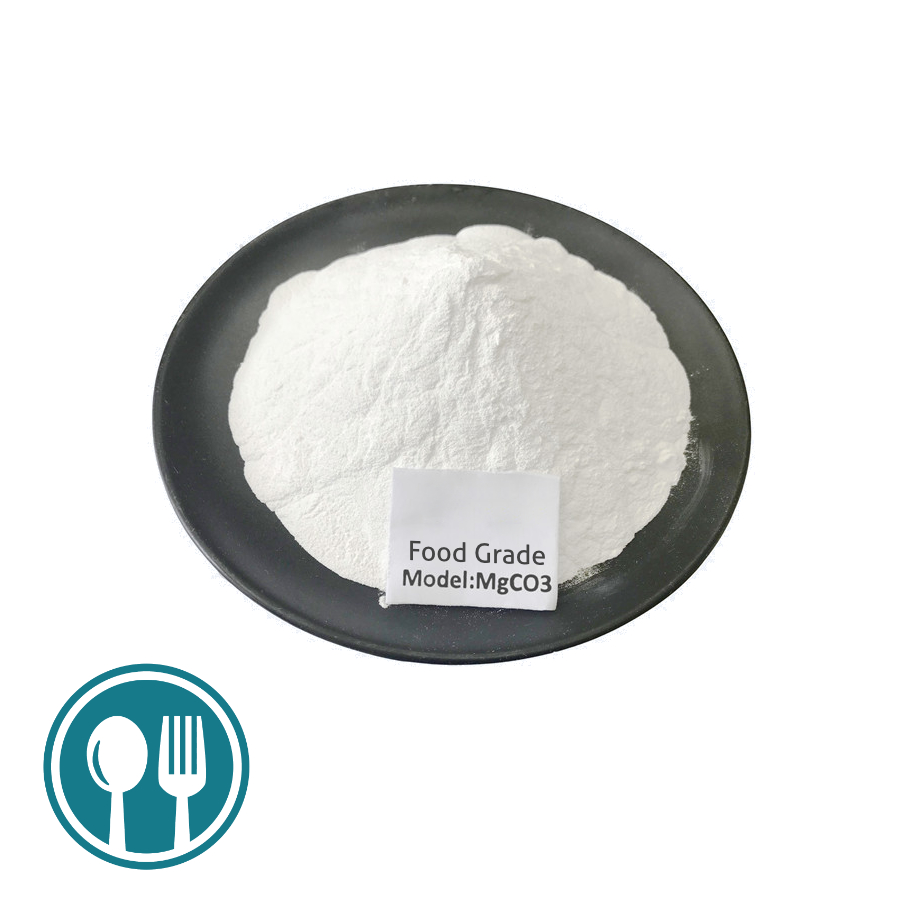
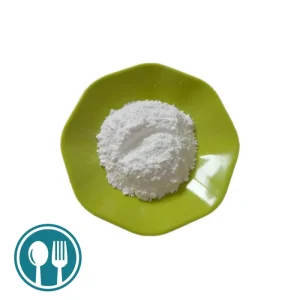
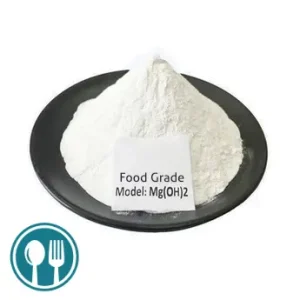
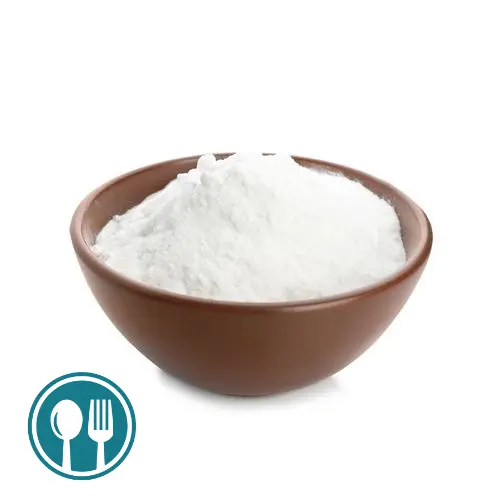
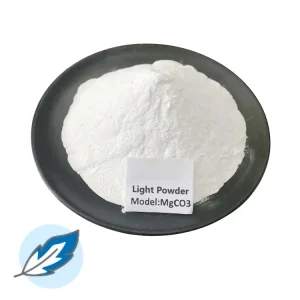
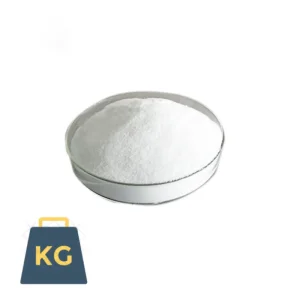
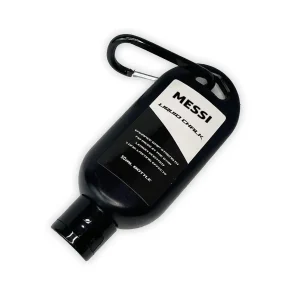
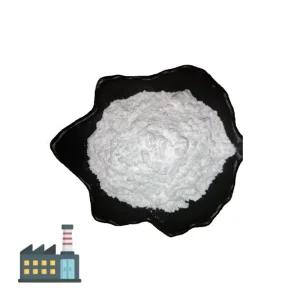
Reviews
There are no reviews yet.